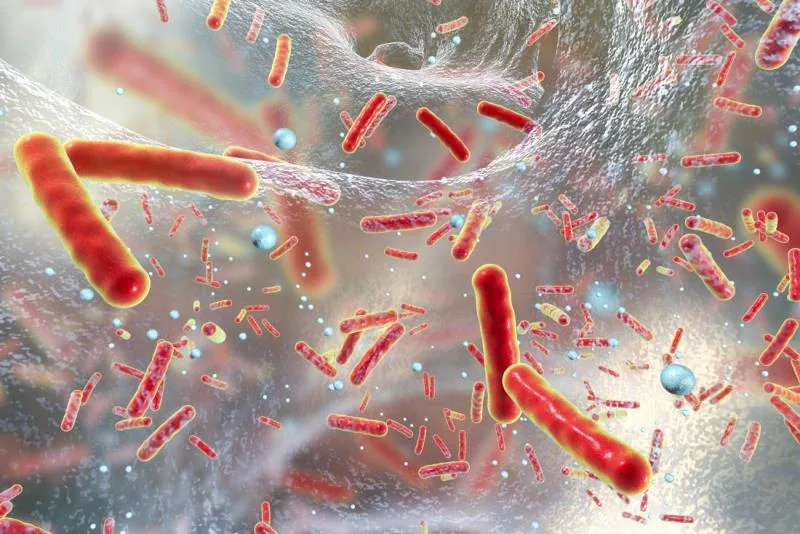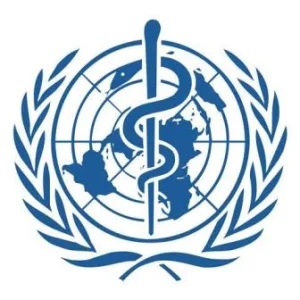Over 3 Million Children Died from Drug-Resistant Infections in 2022, New Study Reveals
More than three million children around the world lost their lives in 2022 due to infections caused by antibiotic-resistant bacteria, according to a groundbreaking new study. The research, led by global health experts, highlights the devastating impact of antimicrobial resistance (AMR)—especially in vulnerable regions like Africa and Southeast Asia.
AMR occurs when bacteria and other microbes evolve to withstand medications that once effectively treated them. As a result, once-manageable infections become deadly, particularly for children whose immune systems are still developing.
📈 Sharp Rise in AMR-Linked Deaths Among Children
The study, based on data from organizations including the World Health Organization (WHO) and the World Bank, shows a tenfold increase in AMR-related deaths among children within just three years. Researchers estimate that over 3 million child deaths in 2022 were linked to drug-resistant infections, making AMR one of the most urgent public health challenges today.
The COVID-19 pandemic may have worsened the situation, with increased antibiotic use during the crisis potentially accelerating resistance.
💊 Alarming Rise in Antibiotic Use in High-Risk Regions
The study highlights a surge in the use of powerful antibiotics in Africa and Southeast Asia between 2019 and 2021. So-called “watch antibiotics”—which carry a high risk of resistance—saw a 160% increase in usage in Southeast Asia and a 126% increase in Africa.
Even more concerning is the rising use of “reserve antibiotics”, which are last-resort drugs reserved for severe and multi-drug resistant infections. Usage of these critical medications jumped 45% in Southeast Asia and a staggering 125% in Africa.
Dr. Yanhong Jessika Hu of the Murdoch Children’s Research Institute and Professor Herb Harwell of the Clinton Health Access Initiative, who co-authored the report, warn that if bacteria become resistant to these final lines of defense, treatment options could be virtually nonexistent.
⚠️ A Global Health Emergency with No Simple Solution
Professor Harwell, who will present the findings at the upcoming Congress of the European Society of Clinical Microbiology and Infectious Diseases, emphasized the complexity of the AMR crisis.
“Antimicrobial resistance affects everyone. It’s deeply embedded in medicine, agriculture, and the environment,” said Harwell. “There is no one-size-fits-all solution.”
💧 Prevention Is Key: Vaccination, Sanitation, and Education
The best defense against drug-resistant infections is preventing illness in the first place. This includes improving vaccination coverage, ensuring access to clean water and sanitation, and promoting appropriate use of antibiotics.
While antibiotics are essential in modern medicine, their overuse and misuse—especially for viral infections like colds, flu, or COVID-19, where they are ineffective—has fueled resistance.
📣 Call to Action for Global Health Leaders
Experts like Dr. Lindsey Edwards from King’s College London say the findings are a wake-up call. “Without urgent action, AMR could erase decades of progress in child health, especially in regions already struggling with limited healthcare access,” she warned.
The study underscores the need for coordinated global action to regulate antibiotic use, develop new treatments, and invest in healthcare infrastructure in high-risk regions.




+ There are no comments
Add yours